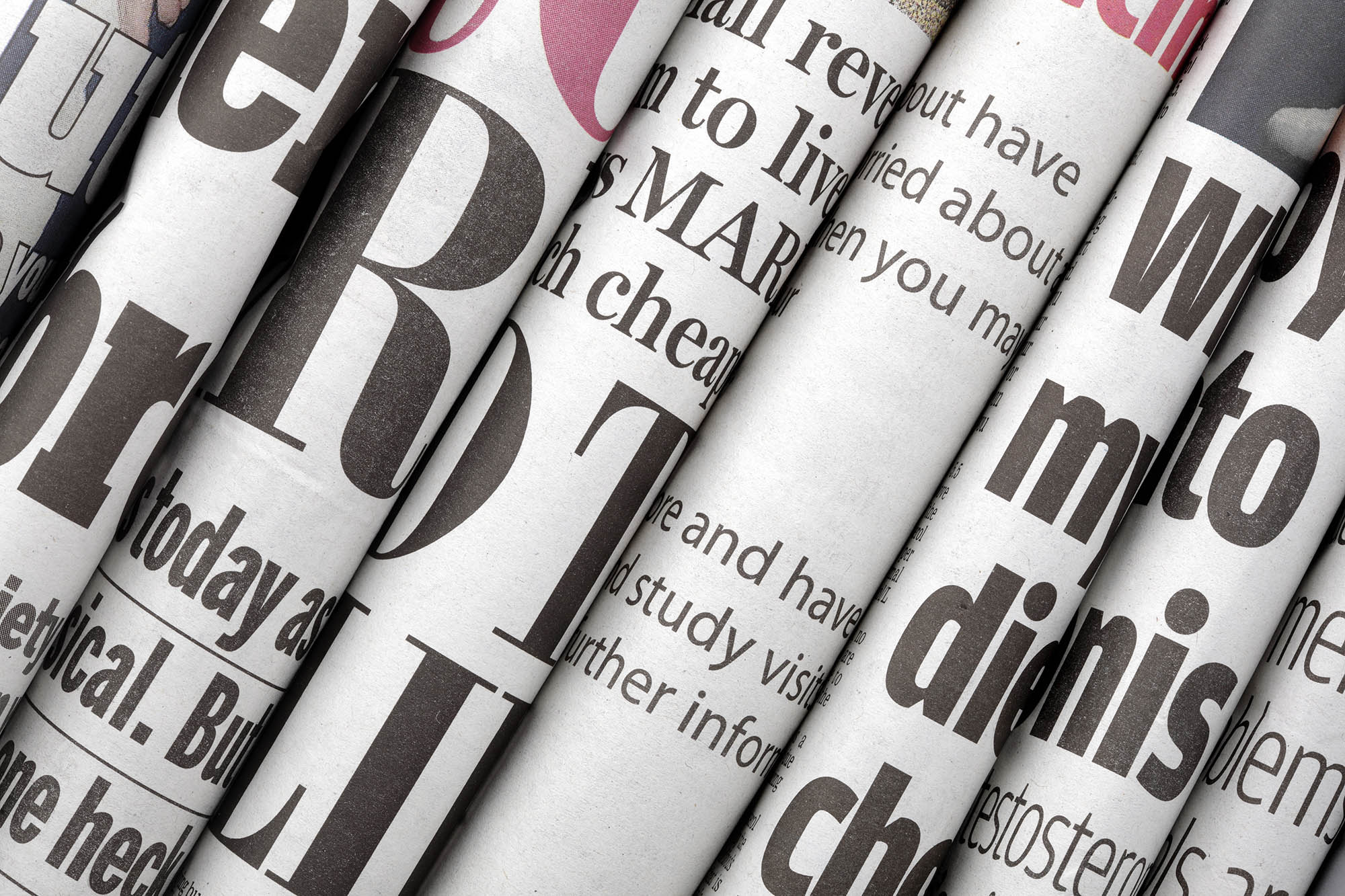
It was October 2016, less than a month before the presidential election, when a colleague emailed me to say my name had appeared twice in the WikiLeaks publication of e-mails hacked from Hillary Clinton’s campaign chairman.
I felt clammy and lightheaded as I clicked on the link. I had already seen media reports that these stolen emails were being used to try to embarrass and discredit journalists around the country.
As the political columnist for the Des Moines Register, I was used to fielding partisan complaints from both sides of the aisle. But this was a new, more personal level of targeting. In some cases, it subjected private communications between journalists and sources to public scrutiny and out-of-context conclusions.
As it turned out, one of the Wikileaks emails that mentioned my name was a nothing-burger reference related to the 2014 gubernatorial campaign. The other was slightly more sensitive. It involved communication among members of the Clinton campaign about a column I was writing in February 2016.
I had interviewed state Democratic Party officials in an effort to separate fact from ill-informed conspiracy theories about the Iowa caucuses. The Wikileaks email included a Clinton campaign staffer’s opinion that my column would "give good ammo," apparently related to criticism that Clinton’s narrow victory in the caucuses was not legitimate.
I don’t know if that column turned out to be "good ammo" for the Clinton campaign, and I don’t care. My purpose in writing it was to try to communicate clear and accurate information about a topic of importance to the state and the nation. That’s what journalists do. It does not make us popular.
I had no idea at the time that some of the rapidly spreading confusion and disinformation about the Iowa caucus results was no accident. The indictment handed down last month by Special Counsel Robert Mueller charged that Russian operatives had worked to spread allegations that Clinton had committed fraud during the Iowa caucuses.
That wasn’t the only alarming news from the past month. The latest study on the proliferation of "fake news" on social media was shocking, even as it confirmed what many of us already suspected. Winston Churchill put it this way: "A lie gets halfway around the world before the truth has a chance to get its pants on."
The study by MIT found that a false story reaches 1,500 people six times quicker, on average, than a true story does, the Atlantic reported earlier this month.
It’s time for us, communications industry professionals, to put on our big-boy and big-girl pants and figure out how to make the truth even more irresistible than the lies.
That’s why I’m so excited to be part of the Greenlee Summit on April 6 at Iowa State University. The event will feature timely advice for communications industry professionals and students on managing rapid-fire change. The keynote speaker, Kellen Henry of the New York Times, will share strategies for problem solving and innovation in digital media. I’ll moderate a panel of distinguished experts on media credibility in the era of fake news, which is sure to be a lively discussion.
For more information on the Greenlee Summit and to register: http://bit.ly/2CUsBPK
Now, get your pants on and we’ll see you in Ames!
Kathie Obradovich is The Des Moines Register’s political columnist and a graduate of the Greenlee School.